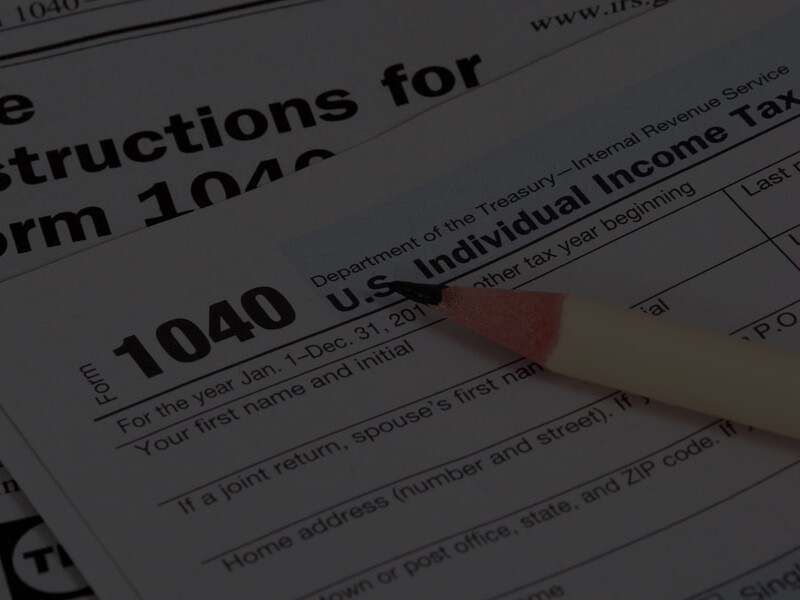Worried about tax filing for US citizens living abroad?
Filing US Tax Returns When Living Abroad as an expat is probably not the first thing that comes to mind when thinking about your money if you’re a U.S. citizen living overseas. In essence, it is US Tax Returns For Non Residents. It is, however, a question with significant ramifications if answered incorrectly, which is why US Expat Taxes is here to assist.

If you’re a U.S. citizen or Green Card holder, you’ll almost certainly have to submit US tax filing in the United States each year, even if you live abroad. US Expat Taxes Services helps ease the burden of filing U.S. tax returns and maintaining compliance with your U.S. tax responsibilities no matter where you live on the globe. We’ll walk you through how to file taxes as an expat with our virtual approach, which is tailored for your convenience.
All US residents and green card holders who earned more than $12,550 in 2021, or only $400 in self-employment income, or $5 of any income if married to a foreigner but file separately, must submit a US federal tax return declaring their global income.
Even those living overseas who have never resided in the United States or held an American passport are required to submit US taxes if they were born in the United States while their parents were visiting, or if they have an American parent or grandparent. Accidental Americans are a term used to describe persons like this.
When expats submit their tax returns from abroad, they must convert their foreign earnings into US dollars.
The Foreign Tax Credit or the Foreign Earned Income Exclusion are claimed by the majority of Americans residing abroad.
The US Foreign Tax Credit allows Americans living abroad to claim US tax credits equal to the amount of foreign income taxes they have previously paid in their home country.
However, the Foreign Tax Credit may only be used to offset foreign taxes paid on income earned outside of the United States, such as rentals, pensions, and investment income.
Americans residing abroad must complete IRS Form 1116 with their annual return to claim the Foreign Tax Credit. For Americans with foreign source income who pay a greater rate of foreign income tax in their nation of residency than in the United States, the Foreign Tax Credit is typically a smart alternative. In this circumstance, expatriates may typically eliminate their US tax payment by claiming the US Foreign Tax Credit, and they may have surplus US tax credits that they can carry over to utilise in future years. Even if you don’t owe any US taxes because you took advantage of the Foreign Tax Credit, you must still submit a US tax return disclosing your international earnings.
The Foreign Earned Income Exclusion is another IRS rule that expats can use to decrease or eliminate their US tax obligation.
The Foreign Earned Income Exclusion allows expats to simply remove the first $108,700 of their earned income from US taxation, regardless of whether they pay foreign taxes or not.
US Expat Taxes has a range of experts in-house who understand the nuances of expat taxes in-depth and has long experience in dealing with matters related to this. We also offer consultancy services if you wish to opt for that or in general if you feel that any help is required for matters related to taxation, then we are always there to help.
